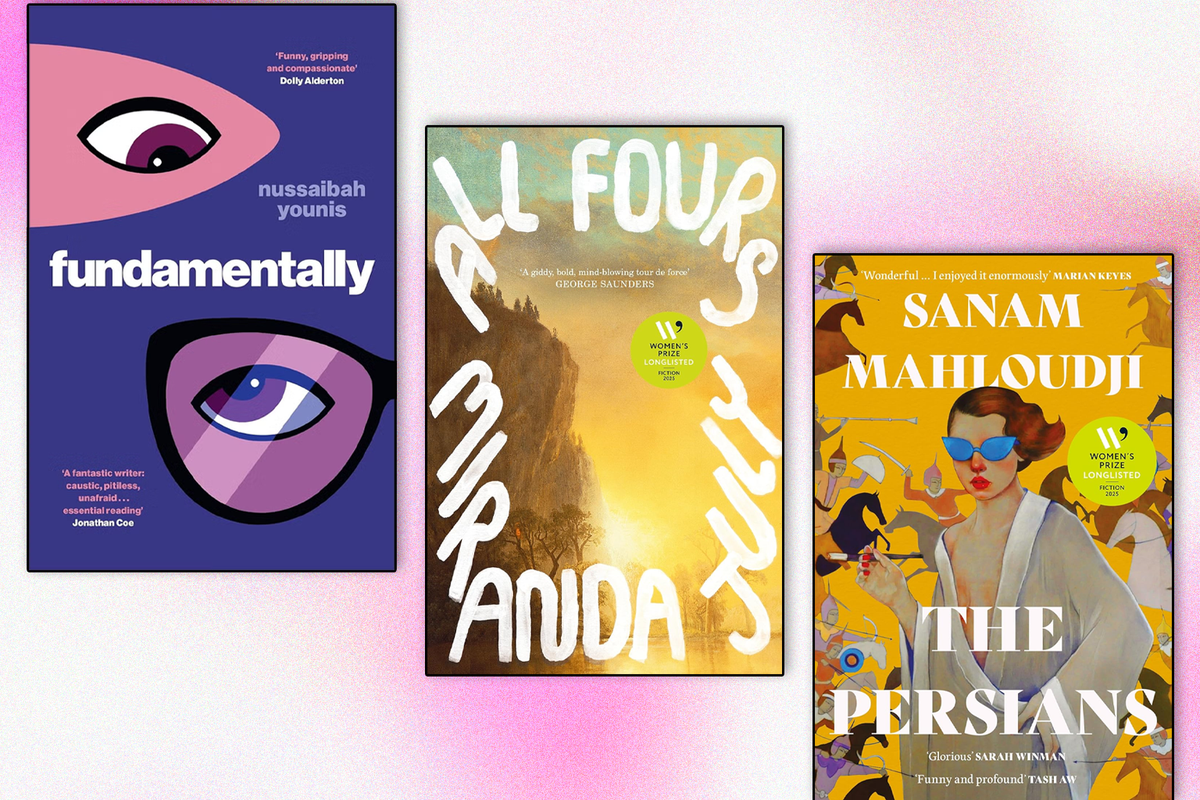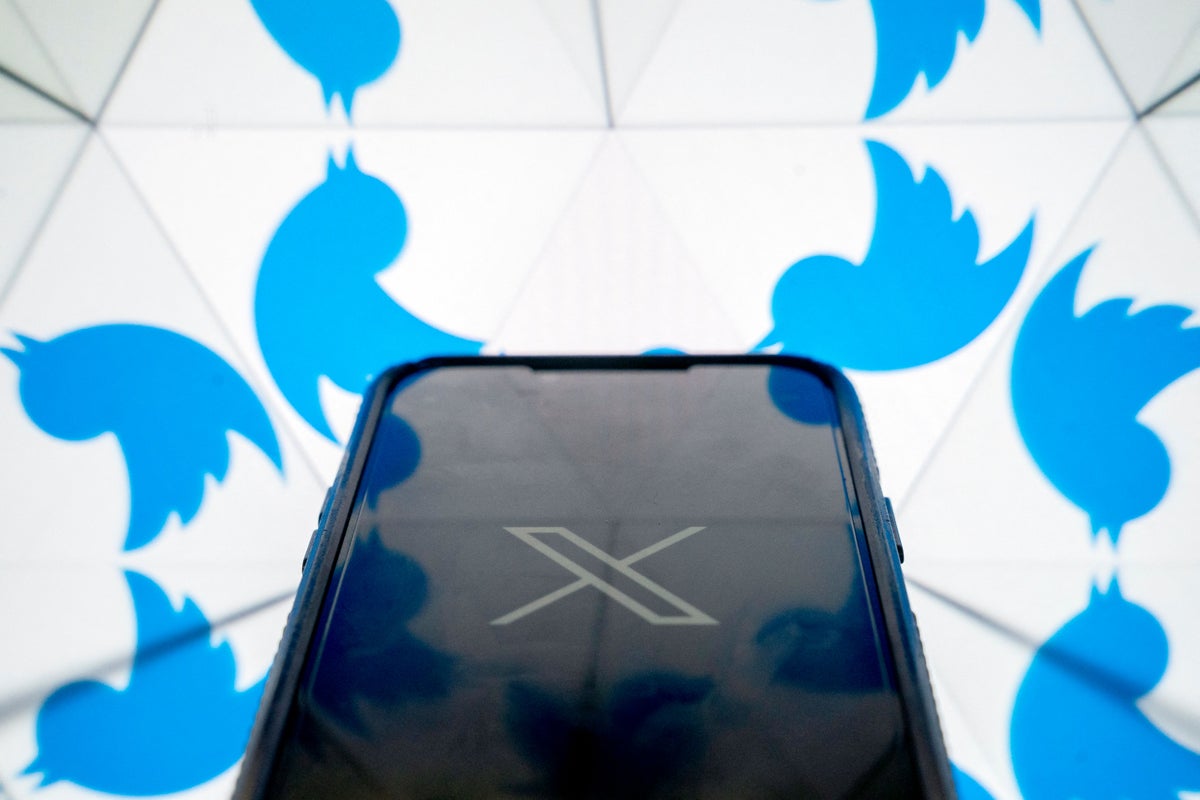Some tweets age better than others. For example, Jack Dorsey’s tweet, posted after he’d agreed to sell his social media platform, Twitter, to Elon Musk in 2022 hasn’t really stood the test of time. “Elon is the singular solution I trust”, he wrote. Musk repaid that trust by symbolically slaughtering Dorsey’s little blue bird and replacing it with a literal and metaphorical iron cross. In just over two years, he’s turned a flawed but fascinating experiment in human communication into a rancid cyber-sewer, littered with fascists, incels, conspiracy theorists and unblockable Temu adverts. A singular solution indeed.
But how did we get here? The BBC’s new documentary Twitter: Breaking the Bird attempts to answer this. It’s bizarre to contemplate this now but there was a time when tech innovators weren’t considered by some to be menaces to society, threats to freedom and amplifiers of evil. In fact, there was a time when they were widely viewed as exactly the opposite. Many people genuinely hoped that sites like Twitter and Facebook might represent the democratisation of discourse and even a step forward in human evolution.
Initially, this documentary captures that short, heady period evocatively. Although if anything, what’s really striking is how banal Twitter 1.0 was. Its users basically used it to document the minutiae of their daily lives. The site was nearly called “Friendstalker” a name that simultaneously feels mildly creepy and a million times less sinister that what Twitter was to become. It’s hard to think of a starker illustration of Marshall McLuhan’s maxim about the medium becoming the message than the rapid, exponential growth of a platform people essentially used to tell their virtual friends they were nipping out to buy a coffee.
In this context, the medium of this film – a long-form TV documentary consisting simply of archive film and talking heads – feels like a deliberate counterpoint, and bracingly retro. New media disrupts, it seems to imply, leaving legacy media to pick up the pieces. Along with the breezy, flashy inanity of early Twitter, the film catches something profound too. The platform’s early innocuousness seems to have blinded the site’s creators to the fact that they were building a timebomb. The developers (including Ev Williams, Biz Stone and Jason Goldman – co-founder and erstwhile CEO Dorsey does not contribute to this documentary) were too lost in the present to consider the future. Visionaries they might have been, but these were tunnel visionaries; unable to stop, look around, feel which way the wind was blowing.
They did, however, have warnings. It’s hard not to feel sorry for the marooned, under-resourced Del Harvey, head of trust and safety, throughout. She clearly understood from an early stage that she was little more than window dressing for the company. Early adopter Ariel Waldman was followed onto Twitter by a real-life stalker. She complained to Dorsey, who refused to take the stalker’s tweets down or suspend his account. “Good luck with resolving the problem” he concluded briskly. “Best. Jack”. Was this the moment when freedom of speech was first jumbled up with freedom from consequences?
And so it goes on. As we watch with the benefit of hindsight, it’s difficult to imagine how this story could have turned out any other way. Celebrities arrived, bringing parasocial intimacy with them. In 2011, the Arab Spring protests illustrated Twitter’s latent activist power. The “Gamergate” controversy in 2014 saw online misogyny start to reveal itself. Dorsey was sacked, returned, involved himself in the Black Lives Matter protests, wore a T-shirt reading “Stay Woke”, became increasingly strange and started throwing his energy into meditation sessions rather than addressing the company’s problems. Covid, finally, was the tipping point; the spark that lit the skip fire.
Musk is an oddly marginal presence in the film, even as he carries his famous sink into Twitter HQ. His route to radicalisation might helpfully have been explored, if only because for all of his wealth and influence, it feels so oddly familiar. He was worried about losing money during Covid. He was angry about “wokeness”. He preferred shrill voices offering facile solutions to stolid voices offering evidence-tested ones. And he joined all of these abstract grievances together and came up with an answer reading “Donald Trump”. It’s often said that in 2020-21, we experienced parallel pandemics; one medical, one informational. X/Twitter has become the medium through which this has played out.

Ultimately, this documentary tells a great 21st century cautionary tale – although whether any lessons will be learned remains to be seen. Twitter (and other similar companies) grew too fast. It became both financially and culturally dominant too quickly. The growth spurt caught governments by surprise: it was too fast for any kind of meaningful regulatory framework to keep pace. And most of all, as becomes clear in this film, the companies grew too rapidly for the people involved to handle them. They were unmanageable in purely logistical terms; because of the constant firefighting involved with basic maintenance, any moral or ethical considerations fell by the wayside.
And now, it’s too late. There’s a sense that some of the contributors here would love to bolt the stable door. But sadly the horse is now several fields away and galloping hard. “You can’t have universal free speech” says one of the original developers Evan Henshaw-Plath. “Because the speech of some destroys the speech of others”. If only someone had thought about that at the time…





